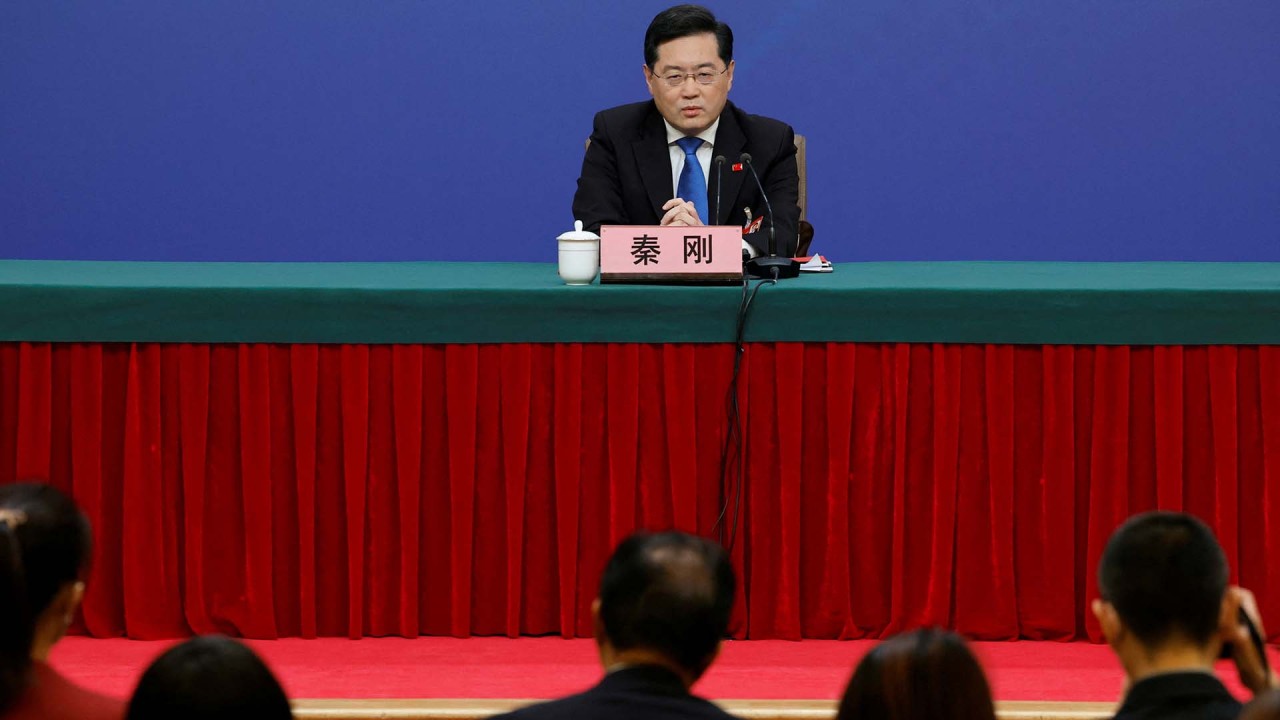
China the peace broker will find Ukraine war a far bigger test than the Saudi-Iran stand-off
- Beijing’s role in getting the two Middle Eastern rivals to resume formal ties is a sign of its growing diplomatic heft and raises expectations of its ambitions to be an international mediator
- To realise its peace plan for Ukraine, however, China will have to overcome many more obstacles – including bringing the US and EU on board
But while the Chinese government is getting a lot of applause for its role in facilitating a thawing of relations between Saudi Arabia and Iran, the hard part comes now. The entente will take two months to be fully implemented, a long time frame for tricky Middle Eastern politics.
While China’s growth has slowed under President Xi Jinping, the country has made inroads on the global stage. But if the Chinese-mediated detente between Iran and Saudi Arabia does not hold, Beijing will suffer a diplomatic loss of face as Xi is trying to dismantle the US-led world order born out of the Soviet Union’s collapse in 1991.
There’s no doubt that with its mediation efforts between Riyadh and Tehran, China has demonstrated it can be an effective diplomatic actor, something many have questioned.

A mediator is an active party in a negotiation. To broker a deal, you must have something to offer and possibly compensate the relevant parties. With Iran and Saudi Arabia, China could use economic leverage.
The problem with the Ukraine war is that geopolitics has trumped economics as Russian President Vladimir Putin continues the armed adventure despite huge human and economic losses for his country, and the Ukrainians are ready to do the same to recapture lost territories.
Russia’s narrative of a Great Patriotic War in Ukraine must be buried
Iran and Saudi Arabia have so far been regional competitors and at most fought one another by proxy. But Ukrainians and Russians are slaughtering each other directly on the battlefield. That’s a big difference.
Last but not least, in the Iran-Saudi talks, China acted autonomously without other parties. In Ukraine that will not be possible. The US and European Union have supported Kyiv with billions of dollars of economic and military aid, and simply cannot be put aside.
If Xi really wants to get his hands dirty in the Ukrainian quagmire and find a compromise between the warring sides, he will have to come to terms with US President Joe Biden.
Emanuele Scimia is an independent journalist and foreign affairs analyst


